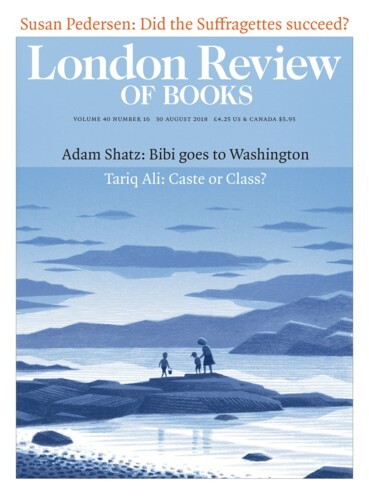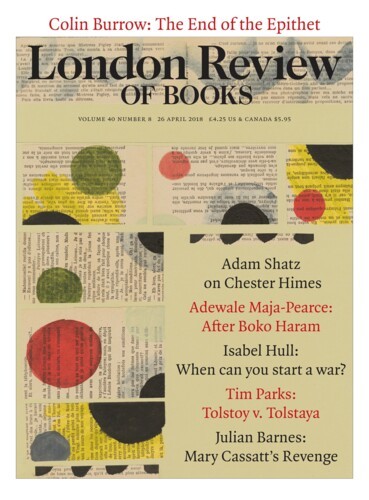The sea is the same sea: Bibi goes to Washington
Adam Shatz, 30 August 2018
Netanyahu, for the moment, seems exuberant, emboldened by his ties to Trump, the expansion of trade with Asia, and the complicity of the Sunni Arab regimes. Israel’s strategic position has never been stronger, or its neighbours’ weaker. But the scenes of unarmed protesters killed by Israeli snipers in Gaza are a reminder of the discontent that lies beneath the surface. Under Netanyahu, Israel has run up a substantial bill in blood and tears. Unlike his wife’s credit card, it will eventually have to be paid.



